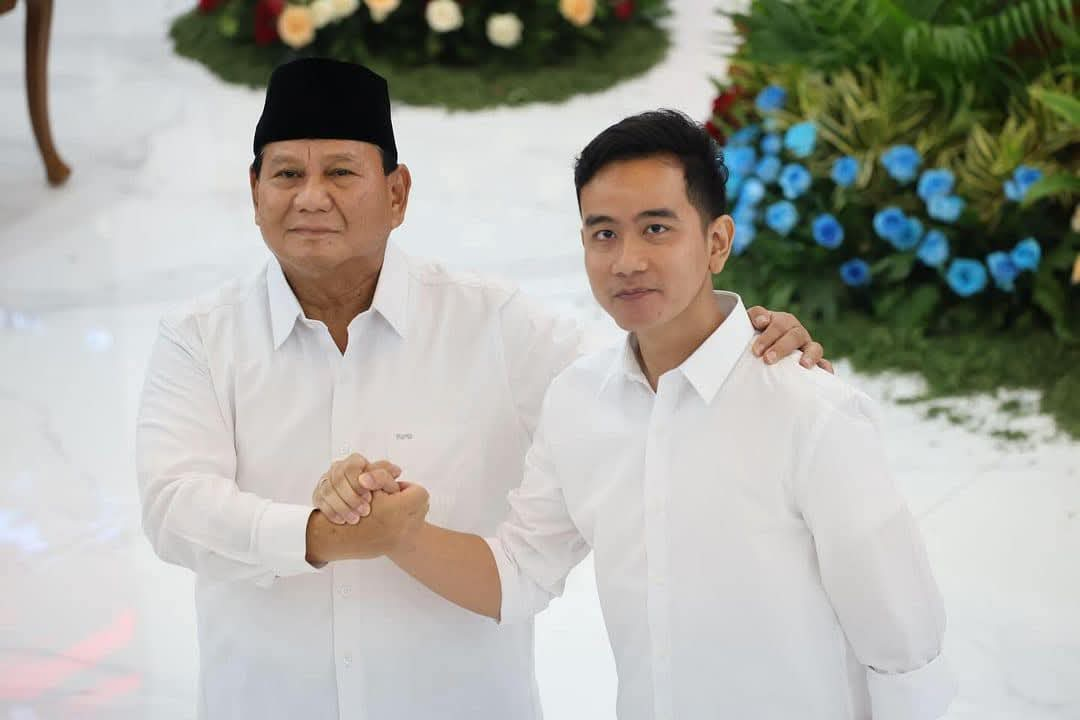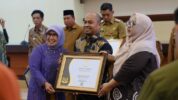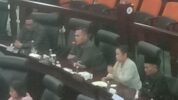Indonesia Faces Worst Human Rights Setback Since Reform Era, Says Amnesty
JAKARTA,RAKYAT NEWS – One year into the Prabowo Subianto–Gibran Rakabuming Raka administration, Amnesty International Indonesia reports that the country is facing its worst erosion of human rights since the reform era. The organization highlights a dangerous shift toward authoritarianism marked by repressive policies, the militarization of civil life, and disregard for public participation in policymaking.
Amnesty criticizes the government for favoring populist, top-down policies over meaningful public dialogue. Key developments include the remilitarization of civil space, the controversial revision of the Military Law, the rehabilitation of authoritarian-era figures like Soeharto, and the increasing centralization of power. These policies often provoke public protests, which are then met with excessive force and criminalization.
Throughout the past year, 5,538 individuals have been affected by state violence during peaceful protests—including arrests, physical assault, and tear gas deployment. In the aftermath of the August protests against parliamentary benefit hikes, 12 activists were detained on incitement charges, two remain missing, and no serious investigation has been conducted into the deaths of 10 demonstrators. Instead, protesters have been stigmatized by authorities with labels such as “anarchists” or “terrorists.”
Amnesty also documented at least 119 cases of violence by security forces unrelated to protests, including extrajudicial killings and torture. Meanwhile, 268 human rights defenders—particularly journalists and Indigenous activists—have been targeted through physical attacks, criminalization, and even attempted murder. Digital harassment, including cyberattacks and the use of the Electronic Information and Transactions (ITE) Law, has also intensified.
The situation in Papua remains critical, with continued repression, unlawful arrests, treason trials, and the use of deadly force against civilians. The government’s failure to investigate or prevent these abuses perpetuates impunity. Attacks on press freedom, such as the bombing of Jubi media’s office in Jayapura, remain unresolved despite alleged military involvement.
Religious freedom has also come under attack. Amnesty recorded 13 incidents of religious discrimination, including church closures, forced shutdowns of worship activities, and violent intimidation. Particularly disturbing were cases involving children and youth, such as a second-grade student who died following religious bullying, and the forced dispersal of a Christian student retreat in Cidahu.
In the realm of economic and social rights, the government’s flagship Free Nutritious Meals (MBG) program has come under fire following widespread food poisoning cases affecting over 11,500 children. The centralized, military-driven implementation of the program has been criticized for poor oversight, low food safety standards, and failure to uphold children’s rights to health and protection.
Environmental and Indigenous rights are also under threat, as strategic national projects and extractive industries continue to displace communities and degrade ecosystems. Projects in Papua, North Maluku, East Nusa Tenggara, and other regions have triggered conflict, while critics of these developments—especially local activists—face criminalization and harassment.
The expansion of military influence in civil life is a growing concern. The revision of the Military Law has allowed for increased military appointments, new territorial units, and military involvement in agriculture, healthcare, and strategic infrastructure. Amnesty warns this blurs the line between defense and civil governance, eroding civilian supremacy and democratic accountability.
Worse still, legislative proposals suggest granting the military investigative powers in general criminal cases—roles traditionally held by civilian law enforcement. At both national and regional levels, initiatives such as military-style discipline in schools and youth curfews reflect an alarming normalization of military control in everyday civilian life.
Amnesty concludes that the Prabowo-Gibran administration is steering Indonesia toward a dangerous path of authoritarianism. From silencing dissent to expanding military authority, the government’s policies consistently undermine civil liberties and social justice. If these trends continue, Indonesia risks undoing decades of democratic progress and embedding a new era of state-led repression. (Uki)



























Tinggalkan Balasan